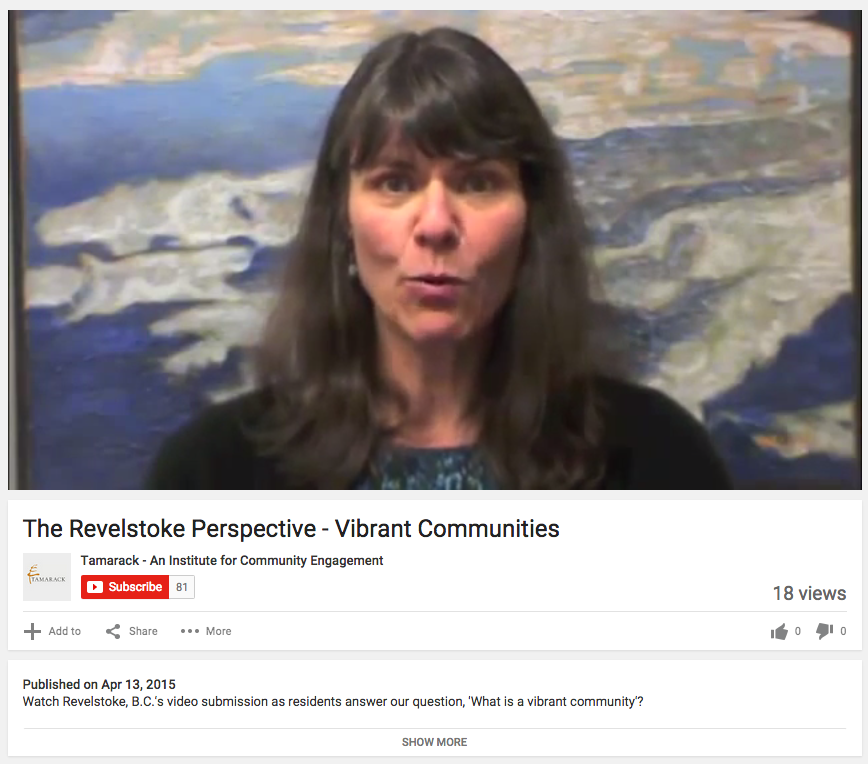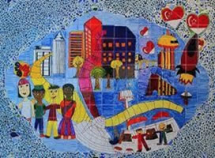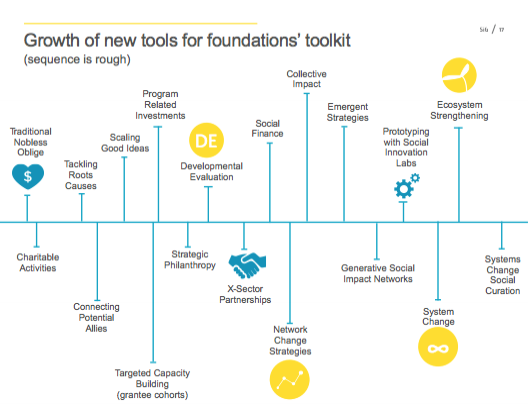What Makes Revelstoke a Vibrant Community?
We talk a lot about reducing poverty and poverty reduction strategies in the VC Learning Community. But what do we really envision our communities will look like when we've achieved our goals? And, what are the unique ways that our communities are already vibrant? There is a plethora of diversity throughout our groups and within them in answer to these questions.
Read More






